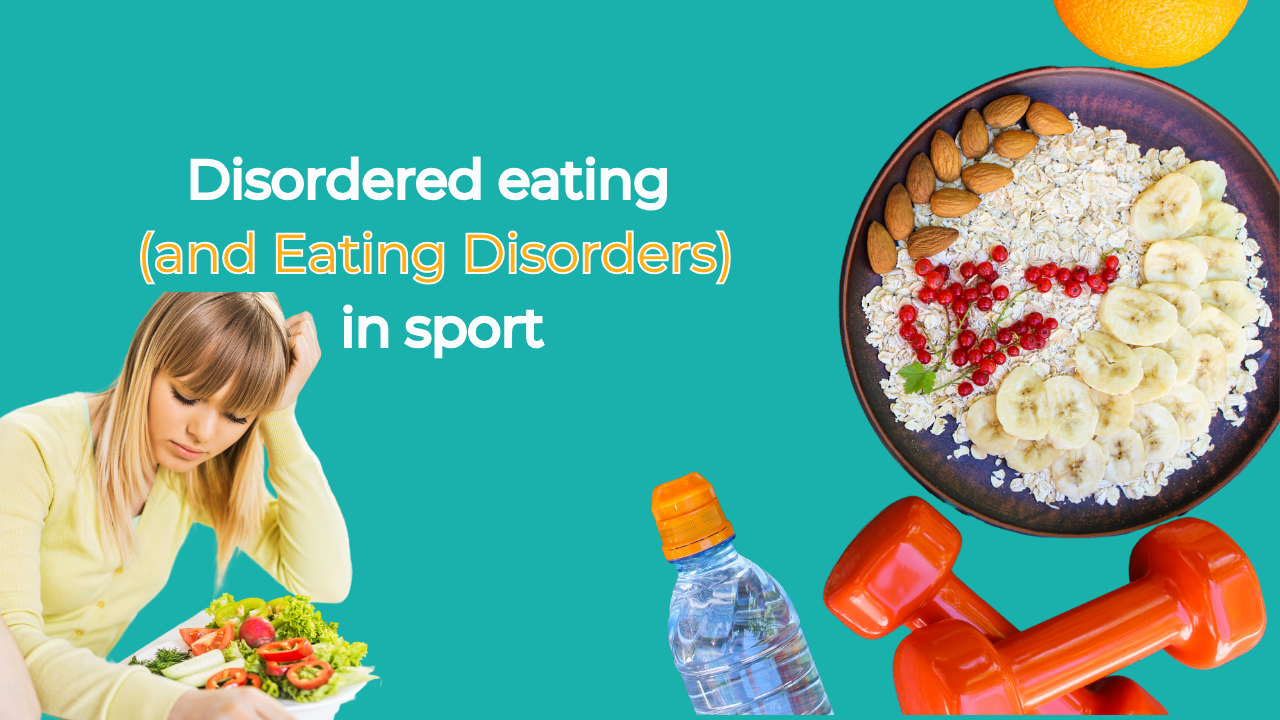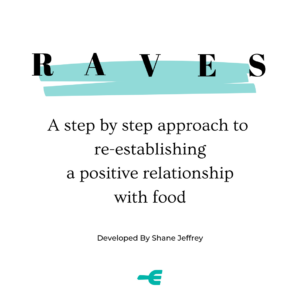Eating Disorders & Disordered Eating in Sport: How to Manage.
In our previous blog, we explored why athletes are particularly vulnerable to eating disorders and disordered eating in sport. Now, let’s focus on how we can better support them on their path to recovery. To do this effectively, we need to consider four key questions: Who? What? When? Why?
Who?
The athlete is obviously the primary focus, but their support network is also crucial.
First, identify the care team involved in the athlete’s treatment. This team should include a medical practitioner, a mental health professional, and an appropriately qualified/experienced dietitian. Each member plays a vital role in addressing different aspects of the disorder.
Additionally, the athlete’s family and friends are important players in the recovery process. Those close to the athlete can provide valuable support and understanding, especially if the athlete struggles to make decisions that align with their health goals, it’s also worth noting that a person’s support network can hold major influence and increase risk – especially if they are in an environment filled with diet culture, body image focus or disordered eating. Collaborating with the athlete’s support network (with their consent) can enhance their recovery journey.
What?
Understanding what you’re supporting the athlete with is essential. This depends on the roles of the other care team members and the athlete’s specific needs and goals.
Determining the “what” involves careful observation, asking questions, and active listening.
Utilise tools like the NEDC’s Decision Making Tool and, of course, conduct a thorough dietetic assessment.
The RAVES framework, an evidence-informed treatment model, can also guide you as part of the treatment plan. It may need to be adapted, especially when supporting clients who are Neurodivergent.
When?
A proactive bunch, Dietitian’s tend to prefer to take action straight away. But in the sporting environment, it is important to consider when we are doing the challenging work with our clients.
While it’s tempting to act immediately, it’s important to consider the timing of interventions.
After accounting for medical stability & safety; Recovery work (particularly related to food and body image) requires mental capacity and motivation. This means during peak season or competition times (busy + high stress periods for the athlete) – it may not be the right time to do all the work.
Ensuring the athlete is in the right mental state for challenging their thoughts and feelings is essential for effective support.
Why?
A really big question to ask the athlete/client – why do they want to recover?
Understanding why recovery is important to the athlete can be a powerful motivator. Discovering their personal reasons for wanting to recover not only helps in motivating them and leveraging their ‘why’, but also provides a reference point to return to during challenging times (because inevitably there will be challenges on the journey)
Interested in growing your skills in this area further?
Dive into our Compeat Academy ‘Management of Disordered Eating & Eating Disorders in Sport’ Course!
References
- Jeffrey, S. ‘RAVES model’. www.riveroakhealth.com.au.
- Venturo‐Conerly KE, Wasil AR, Dreier MJ, Lipson SM, Shingleton RM, Weisz JR. Why I recovered: A qualitative investigation of factors promoting motivation for eating disorder recovery. International Journal of Eating Disorders. 2020 Aug;53(8):1244-51.
- Wells KR, Jeacocke NA, Appaneal R, Smith HD, Vlahovich N, Burke LM, Hughes D. The Australian Institute of Sport (AIS) and National Eating Disorders Collaboration (NEDC) position statement on disordered eating in high performance sport. British journal of sports medicine. 2020 Nov 1;54(21):1247-58.




